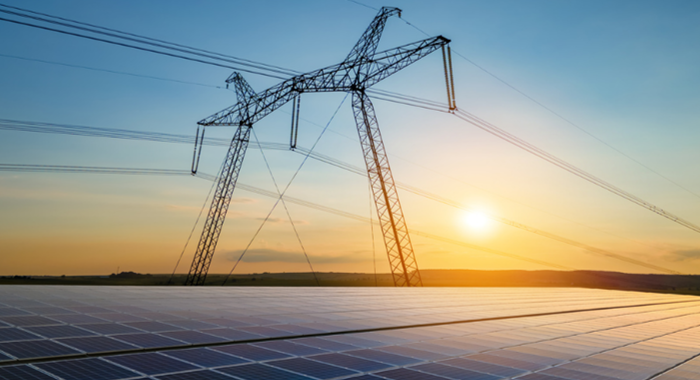Project Detail

12. Strengthening the Resilience of the Vanuatu Energy Sector Against Climate-induced Disasters
Vanuatu, a republic of over 80 islands with a population of 300,000, has the highest score on the World Risk Index due to its high exposure to natural hazards and vulnerability to climate change. As of the latest census, 71% of Vanuatu's population lacks access to grid electricity, with many relying solely on solar lanterns. To address this, the government has prioritized universal access to electricity and developed a National Energy Road Map (2016-2030) targeting 100% electrification with renewable energy by 2030.
With support from UNDP and other partners, Vanuatu has expanded its renewable energy infrastructure, including hydropower and solar photovoltaic (PV) systems, to enhance the electricity access in the remote islands. Despite the progress, the resilience of Vanuatu’s energy infrastructure remains vulnerable to frequent climate-induced disasters.
The project aims to enhance national capacities to strengthen resilience of energy infrastructure and the communities by adopting approaches, tools and methodologies to reduce the potential impacts of natural disasters to energy systems in Vanuatu. The project includes a capacity needs assessment for the resilient energy sector in Vanuatu with particular focus on energy security and disaster risk reductions, development of a Strategic Plan for the Government of Vanuatu on disaster risk reduction and management in the energy sector in Vanuatu and preparation of a climate-resilient technical design guidelines for hydro and solar PV systems.











Nodal Government Agency
Department of Strategic Policy, Planning & Aid Coordination (DSPPAC)